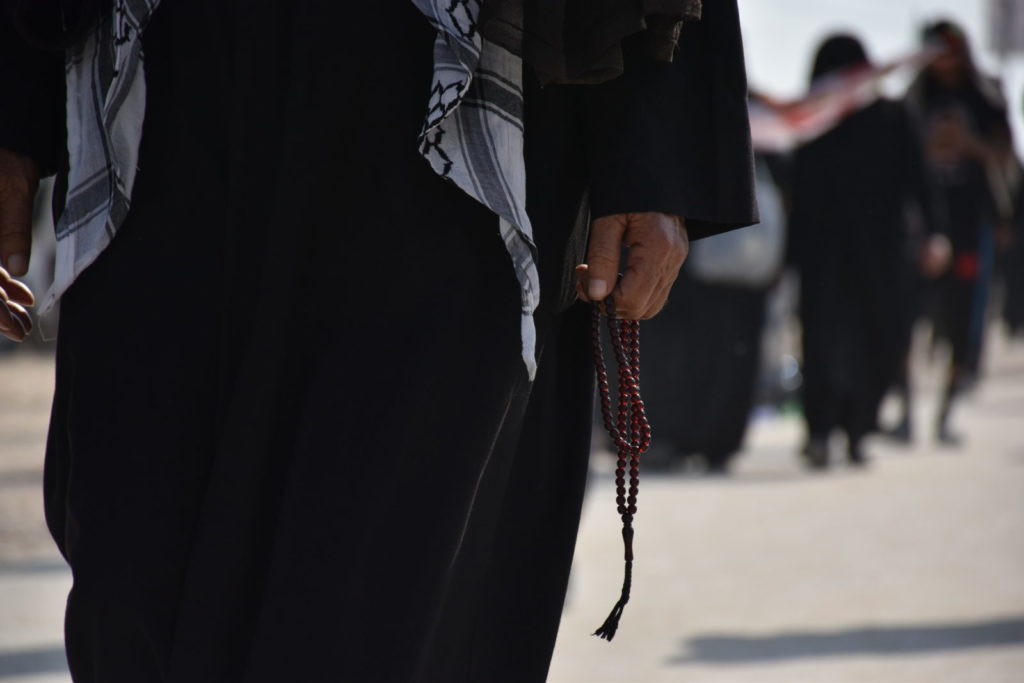The Muslim Brotherhood is an international Arab movement promoting a vision of “political Islam” that transcends traditional Shiite and Sunni divisions.

The goal is to achieve a Muslim world not “corrupted” by Western uses and consumption, they have never expressed interest in the Islamization of non-Arab countries. The Muslim Brotherhood differs from terrorist jihadist movements in its non-recourse to violence, although there are some exceptions to the limits of armed struggle such as the Hamas party in Palestine. They were born in Egypt, where today, pro-Saudi President Al Sisi considers them a threat to national security and integrity. Saudi Arabia is, in fact, the main opponent of the Muslim Brotherhood, both for ideological reasons given for incompatibility with Wahhabi / Salafist ideologies, and for geostrategic reasons. The main funding and support countries of the Muslim Brotherhood are Turkey, in particular President Erdogan’s Akp party, and Qatar, the latter being the base of the largest Arab television network: Al Jazeera.
For political and religious reasons leading to geopolitical strategies, Turkey and Qatar together are competing with Saudi Arabia, especially after 2017 when the internal rift in the Cooperation Council for the Arab States of the Gulf (GCC) pitted the Saudis against Qatar. Furthermore, Doha’s support for the Muslim Brotherhood is one of the triggers for the embargo imposed by the Saud on Qatar in June 2017.
The membership of the Muslim Brotherhood is also the main motivation for the growing alignment in foreign policy between Turkey and Qatar. In particular, the two States share an interest in promoting and supporting a variety of activities, particularly in the Horn of Africa, where Ethiopia and Somalia are located. In fact, even in Somalia, there is a formation that can be placed among the Muslim Brotherhood, that is, the Party for Peace and Development.
Turkish companies in Somalia over time took control of the port and the international airport of the capital Mogadishu, which are Somalia’s main economic resources. Turkey opened a large military base in Mogadishu in 2017 to provide training for Somali army forces. Over the years, the Turkish have spent over a billion dollars in aid for Somalia.
Qatar’s political influence in Somalia, on the other hand, stems from the granting of asylum to several leaders of the Union of Islamic Courts (UCI) whose armed group was Al-Shabaab, the current terrorist group that kidnapped Silvia Romano. Al-Shabaab in 2006 gained control of much of the southern Somali territory in opposition to the Transitional Federal Government (TFG).
Qatar has also always supported many politicians of the Islamic faith. For example, Fahad Yasin, the Qatari man in Somalia, is currently the director general of the Somali intelligence agency, NISA. He is without a doubt one of the most powerful men in Somalia. There is evidence that the money Yasin provided to influential Somali voters decided, in part, on the election of Somali heads of state in 2009, 2012, 2017.
But to better understand the issue, it is useful to delve into what the terrorist group al-Shabaab has been and what it is now. When the Union of Islamic Courts (UCI) lost its confrontation with the transitional federal government (TFG), the UCI leadership left the country and many of them went to Qatar.
The UCI’s armed wing, al-Shabaab, in order not to lose strength, sought international visibility and approached the jihadist network of al-Qaeda and Isis, partly betraying the origins of the Muslim Brotherhood.
Al-Shabaab has continued to act, mounting spectacular and bloody attacks on Somali territory and neighboring states, particularly in Kenya. Today, it maintains weak control over much of southern Somalia, despite a clear reduction in resources compared to its origins and the period of the early 2000s. Al-Shabaab was responsible for terrorist attacks. in Nairobi, the Westgate shopping center in 2013, and the hotel complex in 2019, as we know today in the kidnapping of Silvia Romano in southeast Kenya in November 2018, although the group has never claimed any responsibility for it.
But while Al-Shabaab’s ties to Qatar can be explained by its original ties to the Union of Islamic Courts (UCI), the explanation of Turkey’s link to Al-Shabaab is more complex. In the indictment of the murder case for Russian Ambassador Andrei Karlov, the Turkish government decided not to proceed against Een, a covered Turkish intelligence (MT) agent in Syria and then in Somalia through Turkish NGOs
Turkey has denied allegations that Turkish intelligence has released hundreds of thousands of dollars to the terrorist organization Al Shabaab in Somalia through the intermediary of a former convict.
In any case, Silvia Romano was in Somalia when she was released. We also know that the intelligence services involved in this operation belong to the Turkish, Qatari and Somali triads: the Turkish National Intelligence Organization (MIT), the Somali National Intelligence and Security Agency (NISA), the State Security of Qatar and, finally, also the Italian Agency for Foreign Information and Security (AISE).
Italy’s External Intelligence Services (AISE) are likely to have weak, if not non-existent, relations with Doha and the Somali NISA services. However, it can be safely assumed that AISE has a link with the Turkish MIT, given the strategic relationship in the Mediterranean (and Libya). Knowing that Turkey plays an important role and has equally significant interests in Somalia, it is likely that AISE has contacted its Turkish counterpart, who at that time would have used the Qatari and Somali services from which the agreements and mediations for release and perhaps for rescue.






